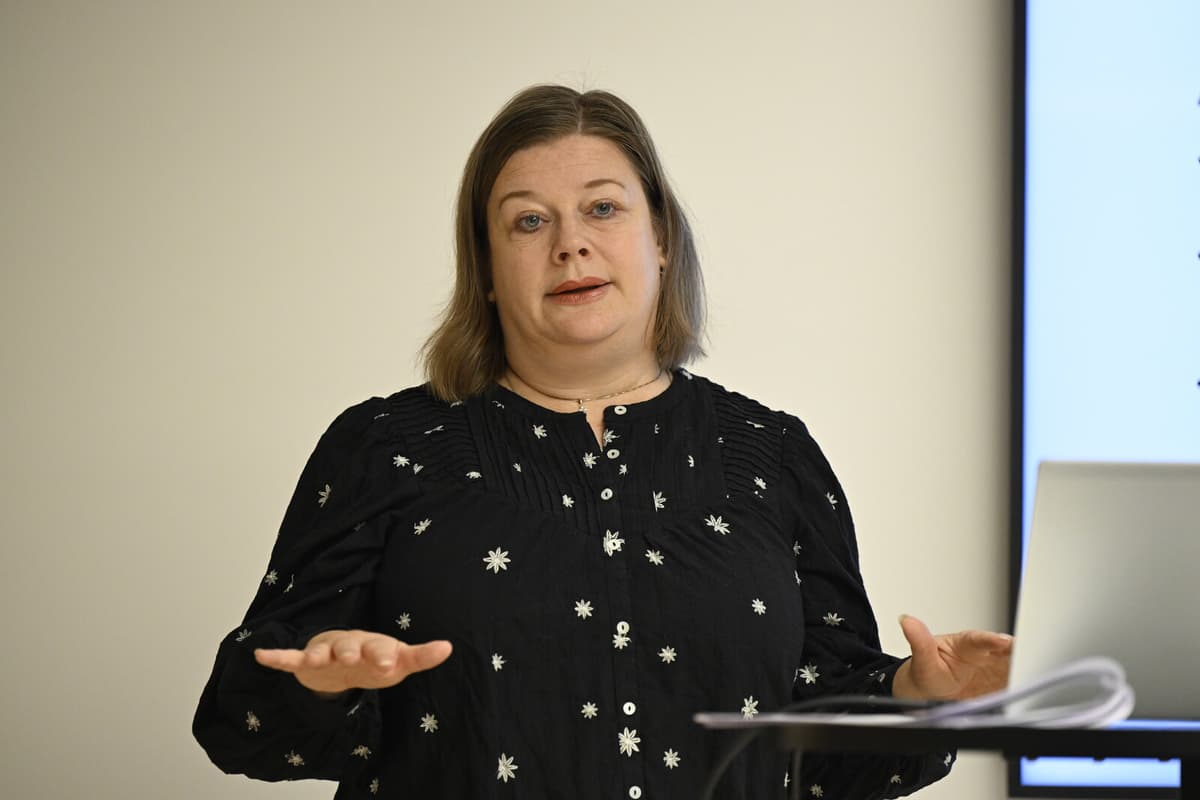Both Kommunal and the Hotel and Restaurant Workers' Union (HRF) have finalized their negotiations with their respective counterparts on Saturday. Both agreements follow the industry agreement's so-called benchmark: a 6.4 percent wage increase over two years.
For Kommunal's members, this means that the lowest salary will increase by 2,176 kronor during the actual agreement period.
We have low starting salaries and now we will be able to raise them significantly, which feels very good. We will have high individual guarantees during these years until the new wage agreement is in place, says Malin Ragnegård.
The individual guarantee is 600 kronor per year. However, during the agreement period, a new agreement on how wages will be set will be negotiated. For the past 30 years, the Kommunal agreement has had individual wage setting.
Wage Ladder to be Negotiated
Now, the union wants to move towards collective wage setting based on criteria such as how long you have worked and what skills you have. Something similar to the previous "wage ladder".
We believe that the collective benefits from having a clean wage agreement where it is clearly stated what generates a wage increase, says Ragnegård.
The individual wage setting has not worked as intended, according to Kommunal.
Very many have experienced wages as arbitrary or unfair, she continues.
Even the employer party, the Swedish Association of Local Authorities and Regions (SKR), is positively inclined. So is Visita, HRF's counterpart, which writes that the new agreement will cover around 200,000 employees in the hospitality industry.
Fast Track from High School
Visita's chief negotiator Torbjörn Granevärn calls the agreement a "statement of strength" in a press release, but adds that "the high level of the benchmark will, however, pose challenges for many companies in the hospitality industry".
The agreement includes an agreement on a fast track for those hired from vocational training programs in high school. They will qualify for the highest salary group after one year, instead of three years.
In the shadow of these two, Seko, the Service and Communications Union, has also reached an agreement on a new collective agreement with TechSverige for Seko's approximately 3,000 members in the telecommunications industry.






